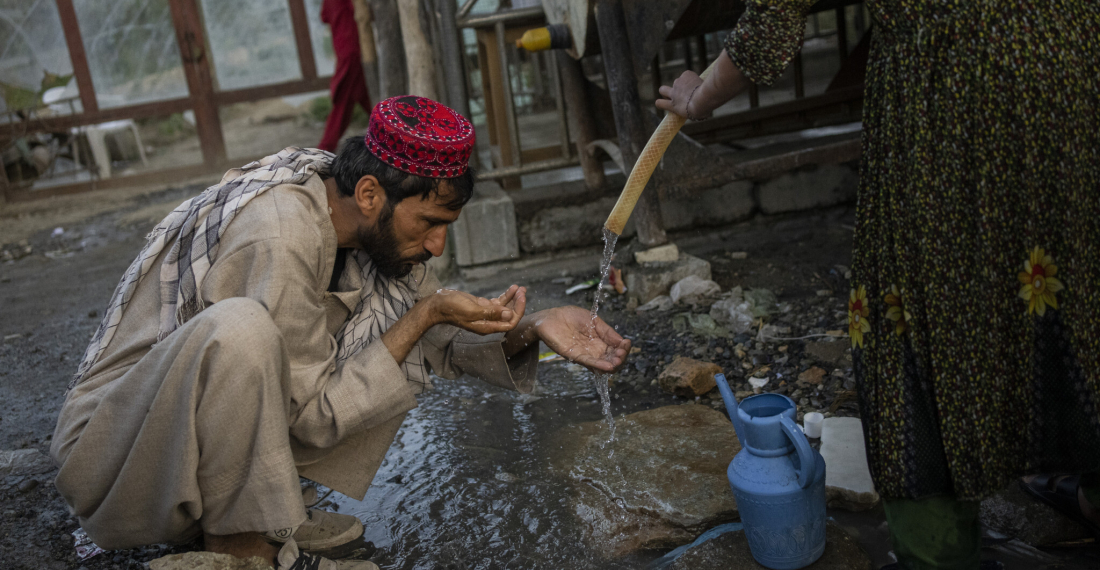The international community has pledged over 1.1 billion dollars in humanitarian aid to Afghanistan. The United Nations Secretary-General, António Guterres, said this on Monday (13 September) during a UN conference for the Central Asian country, according to Reuters news agency.
"The people of Afghanistan are facing the collapse of an entire country – all at once", Guterres said about the impact of the recent Taliban takeover. According to the UN chief, food in Afghanistan may run out as early as the end of this month. According to Guterres, the humanitarian aid programme requires dialogue with the Taliban.
One month after the Taliban seized power in the country, Afghanistan is in a humanitarian crisis that is rapidly worsening. According to the World Food Programme, 14 million Afghans are on the verge of starvation. Around 200 million dollars of the new money is earmarked for the UN World Food Programme, which found that 93% of the 1,600 Afghans it surveyed in August and September were not getting enough to eat.







